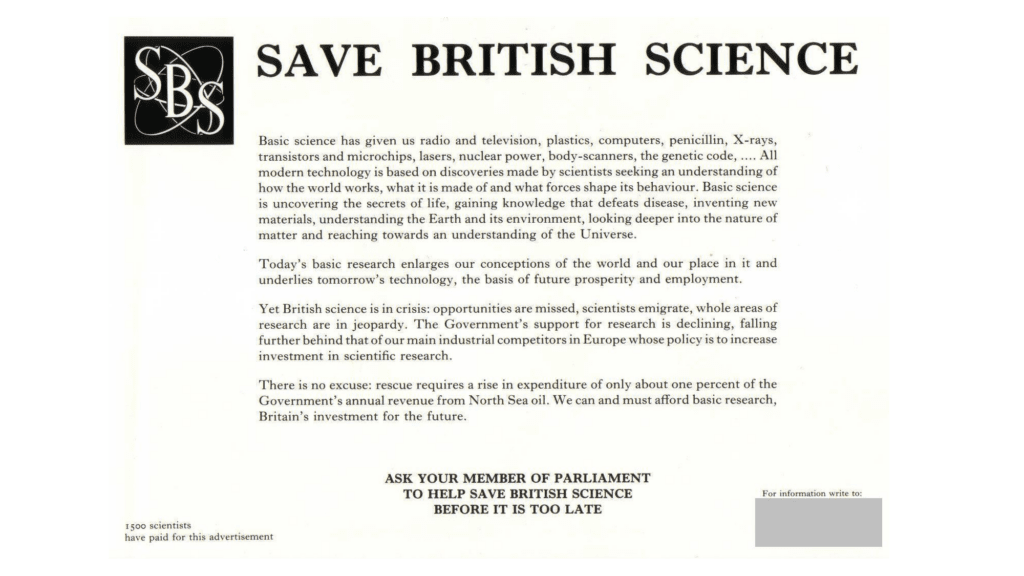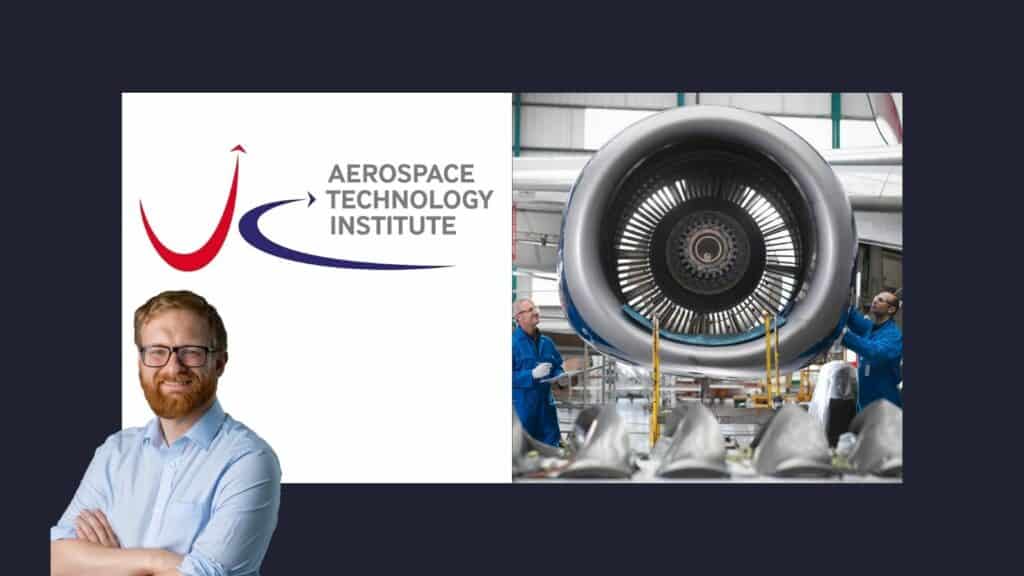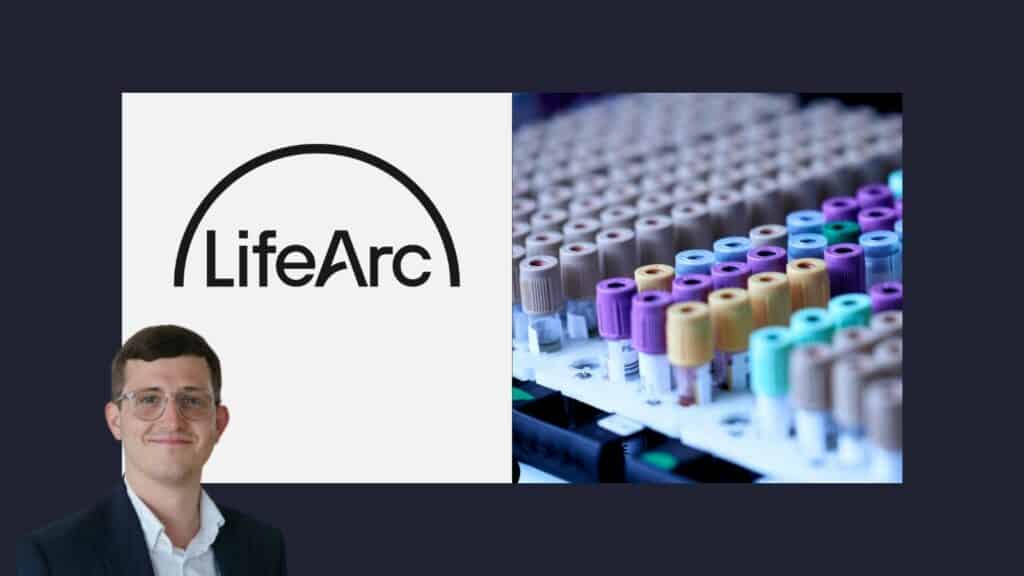In our penultimate blog, Professor Denis Noble one of CaSE’s founders, looks at the origin and future of CaSE
From ‘Save British Science’, to ‘CaSE’, to the future
02 Dec 2016
It is now 30 years since I and 1500 other scientists launched what was then called Save British Science. We could not have imagined that it would grow into a fully professional and effective organisation, the Campaign for Science and Engineering. In fact, it was not even our original intention to found an organisation. We did so only because so many scientists paid money out their own pockets for The Times advertisement that accompanied a Press Conference in London. We actually had a surplus after paying for the advertisement. That little seed has grown into what has become a necessary feature of the interaction between science and government.

So what of the next 30 years? The history of science, technology and engineering clearly tells us that we would be foolish to claim to predict what will happen. We could not have known in 1986 what changes would happen by 2016. But it would be even more foolish to imagine that the UK could flourish in the future without at least matching other developed countries in supporting research and development. In a world made even more uncertain following recent political decisions in the UK and the USA, we need to be vigilant in making the case to government and to the public for such investment. It was an important decision way back in 1986 that we would not be aligned with any particular political party. Our Launch Press Conference in London was attended by MPs and Lords from all parties. Over the subsequent years we successfully interacted with governments of all kinds.
I will hazard one important guess concerning what will be important in the development of science and engineering in the next 30 years. This is that many of the growing points will be strongly interdisciplinary. My own subject, physiology, has flourished to the extent that it has incorporated expertise from mathematics, physics, engineering, chemistry, computer science, and many other disciplines. Inter-disciplinarity is almost bound to be one of the keys to success.
Denis Noble CBE FMedSci FRS
Related articles

Dr Christoph Hartmann is Medical Director, MSD in the UK, a CaSE member. In this piece he sets out he would like to see form the new government to support UK life sciences and innovation.

Will Lord is Head of Government Relations at the Aerospace Technology Institute (ATI). In this piece, he sets out the strengths and successes of the UK aerospace sector, as well as the advantages of business-government collaboration.

Joseph Ewing is Head of Policy and Public Affairs at LifeArc, the sponsors of CaSE’s work looking at the needs of business R&D in the UK. In this piece he sets out why the project is needed, and why we should all care about business investment in R&D.

Tamsin Mann, Director of Policy & Communications at PraxisAuril, on the importance of understanding and unlocking the full potential of knowledge exchange.